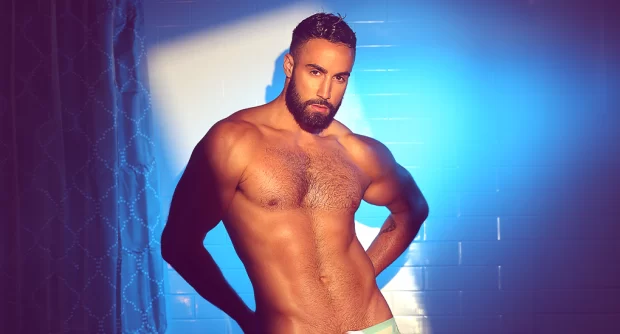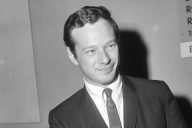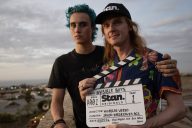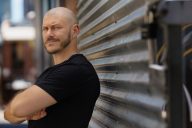Australia’s largest mental health and fitness event, The Push-Up Challenge has returned and Matty Mills wants you to join him in changing some alarming statistics. Images by Christian Scott.
Tell us about your involvement in the Push Up Challenge
The Push Up Challenge raises awareness for mental health by highlighting the number of lives taken by suicide, each year. The number of lives lost by suicide (last year was 3,249) correlates with the push-ups each person in the challenge takes on. So, the goal is to achieve 3,249 push-ups, but our ultimate goal is to get that number down every year. For that many people to be losing their lives each year to suicide is a major problem in our country.
What’s your motivation for being involved?
For me, suicide is an issue in my community as it’s the leading cause of death for First Nations young men and queer men. It aligns with my advocacy and when I was asked to be an ambassador it was a double tick because I’ll do anything to help raise awareness around this important cause.
“If you are a First Nations person in this country, you will have been affected by suicide at some point.”
The idea of 3,249 people being so lost and depressed is incredibly sad. Just one is terrible enough.
Yes, sadly suicide seems to become a last resort where people see it as the only way to escape. I’ve had struggles with my mental health in the past but never to the point of self-harm or attempted to. I’ve worked on my mental health and got it into a good place, but I can only imagine what it’s like for people who struggle day in and day out with anxiety or a lack of self-worth. If we can raise awareness around the crucial funds for the charities aligned with the Push Up Challenge, hopefully, we’ll see a decline next year.
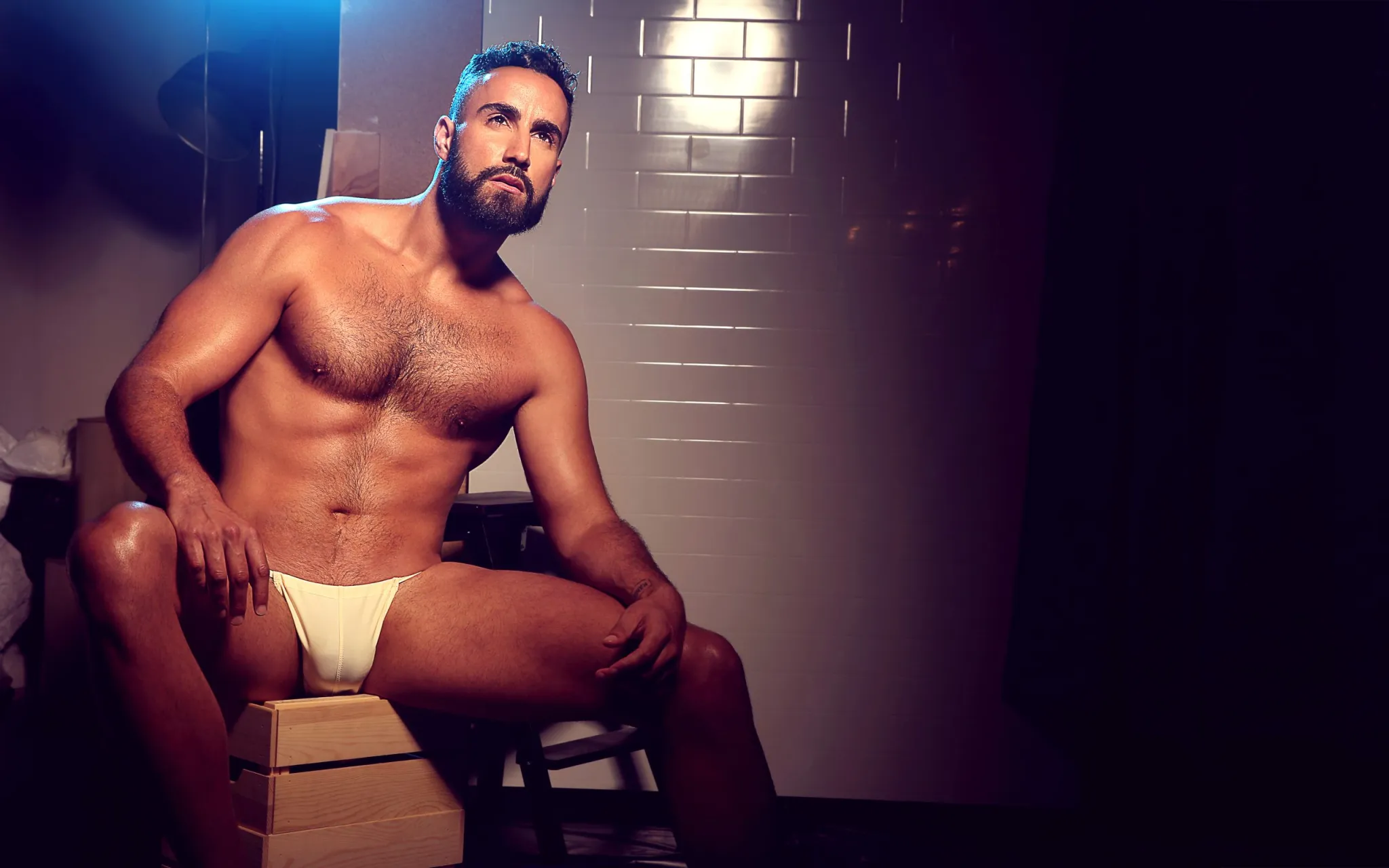
Matty Mills Photo credit: Christian Scott
Have you known anyone who has taken their own life?
I come from a community where suicide is way too prevalent and is the leading cause of death. These are people like me, young black men and gay men. And it doesn’t just happen in our communities. If you are a First Nations person in this country, you will have been affected by suicide at some point. It’s that prevalent. I want to make sure the funds from this challenge trickle down to the remote and rural communities too, because suicide is even higher in those areas.
Your advocacy for mental health awareness crosses over two communities facing similar issues. How does that resonate with you?
Being in both communities I certainly see it from both sides. I hate and dread seeing another article where a queer person has taken their life. As a queer and First Nations person, there’s a lot of pressure to prove yourself and even in some ways, to try and accept yourself, because of society’s racism, homophobia and discrimination. When growing up queer, it’s sometimes hard to figure out the world, where you belong and who accepts you. That can take a toll on your mental health.
“I dread seeing another article where a queer person has taken their life.”
Do you think that as a society we are starting to break down the stigmas attached to mental health?
I believe so, especially with having open conversations such as in the media where it can reach the masses. Education around mental health is changing too which needs a focus in our institutions and workplaces. We still have a long way to go, especially with men, but being more open, vulnerable and emotional as a fella is vital to that shift.
After The Push-Up Challenge, we will no doubt see even bigger pecs and biceps on you, but what’s your regular fitness regime?
My physical fitness regime affects my health and when I stay on track it’s of huge benefit to my mental health. I love the routine and I feel like I’m ticking off goals throughout the week. I try to do a workout every day, but sometimes I’ll have a Sunday off with no pressure. I’m also aware of the health factors in my community that I’m up against when it comes to life expectancy and health. I want a long and healthy life and it’s about doing the groundwork now.
You’ve done some great shoots with DNA in the past
Yes, I loved working with Christian Scott. One of the first photo shoots I ever did was with Christian for the Star Observer cover, which I have framed in my house. I feel so proud to be the first black fella on that magazine, which was the first NAIDOC Week edition. Working with Christian again recently was another great experience. He knows how to push you beyond what you think you can achieve. He has an eye and passion for what he does. It can be hard work but it’s always a joy.
What do you think of DNA’s First Nations issues?
They are great and have a lot of emotional weight. I think a lot of heart and soul goes into them, beyond just the look of someone’s body. There’s a story behind all of us and First Nations people have a lot to share. It puts a spotlight on a community that doesn’t have much of a voice and is still fighting for that voice. For so long my community was shut out and having an issue that highlights the great work being done by black fellas and queer people is what’s needed. I’m not sure if it will always be needed in terms of what the future holds. Hopefully, one day we can just be a part of the mix and that will be enough. Positive discrimination, if that’s what you want to call it, is needed in this life.
“Positive discrimination, if that’s what you want to call it, is needed in this life.”
As well as your advocacy work you recently worked as Baz Luhrmann’s assistant on the Elvis film. How did that come about?
I was working full-time at SBS and to be honest, needed a bit of an out. I was about to take on a presenting role, but I didn’t think I was the best person for it. I didn’t have the passion for what it was about and then a friend of mine in the screen funding sector told me Baz was looking for a First Nations person to be a part of his team. I met with him over lunch, and we got on like a house on fire and he offered me the job. It was a real, “Oh my gosh” moment. In my opinion, he’s the godfather of Australian cinema and one of the best directors in the world. It was a massive task to take on, but I learned so much. I now understand what it’s like to be inside a $130 million film and putting all the nuts and bolts together. It was a once-in-a-lifetime opportunity.
What’s next on the horizon for you?
I’m working on a few projects and moving to LA to try and make something work over there and looking at radio in Australia as well. I’m excited!
For more and to register for the Push-Up Challenge visit: thepushupchallenge.com.au
Follow Matty on Instagram @itsmattymills
Christian Scott Photography: studiochristianscott.com
If you or anyone you know requires help, contact Lifeline on 13 11 14 or Headspace on 1800 650 890

